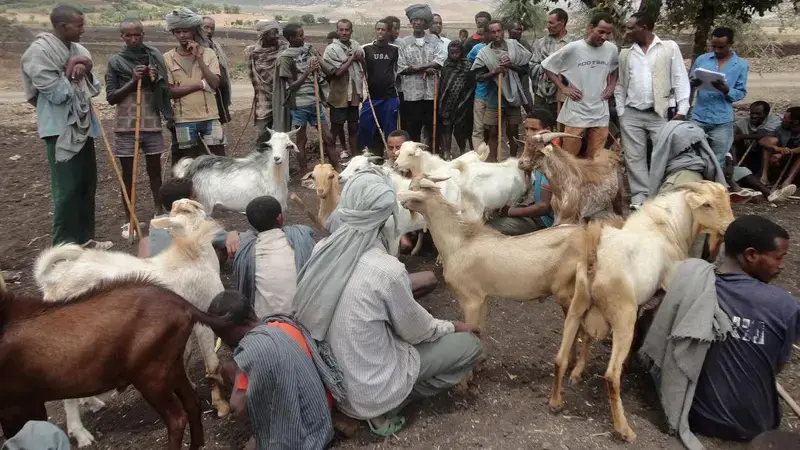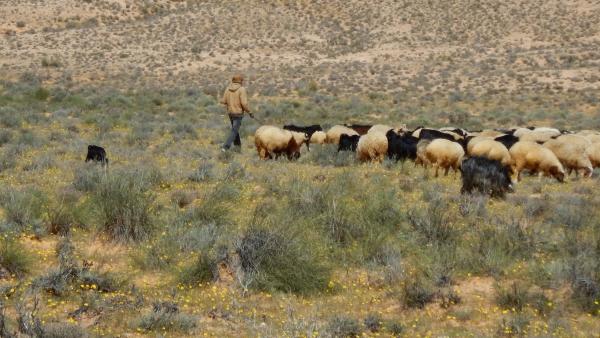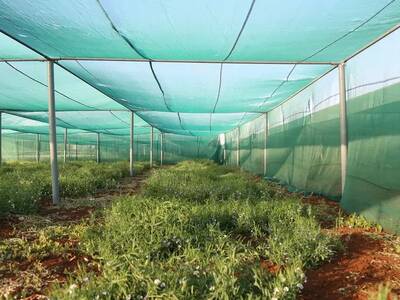Resilient Agricultural Livelihood Systems

ICARDA’s Resilient Agricultural Livelihood Systems Research Program strengthens integrated crop-livestock farming systems through the optimization of economic, social, and environmental conditions in areas with a high concentration of resource-poor people.
The Program addresses significant water-limited yield gaps in rainfed areas through improved agronomic practices and the scaling-up of conservation-based farming practices. In order to support the adoption of conservation agriculture ICARDA scientists develop solutions to optimize the use of plant biomass for restoring soil health and livestock feed.
Research also explores farmer and community-based breeding programs in order to develop strategies that increase sheep and goat productivity and the sustainable use of indigenous genetic resources; and promotes climate-smart feed production and precision feeding systems – including through the use of marginal-quality water in feed and forage production.
The sustainable governance and productivity of rangelands is an additional target of the Program – involving policy and institutional innovations and sustainable rangeland restoration.
Resilience-strengthening strategies are informed by in-depth analyses of the drivers of agricultural transformations in dry agro-ecologies; comprehensive technology adoption studies and impact assessments in all programs to ensure livelihood outcomes are empirically measured; and the development of innovative frameworks and modeling approaches.




